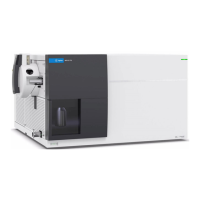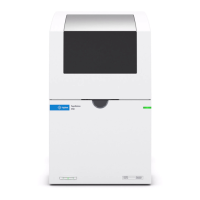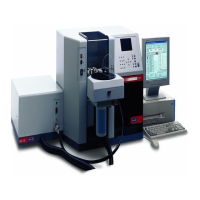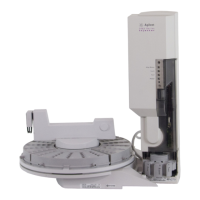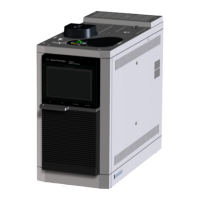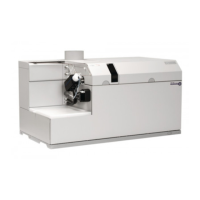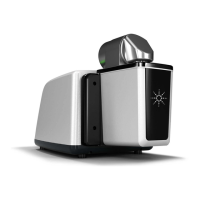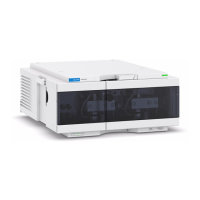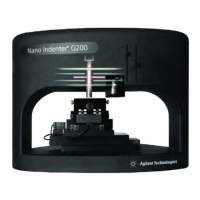Folder and file formats
Many MMEMory commands refer to folders and files. These have specific structures, described below.
Format for a <folder>
l The format for <folder> is "[[<drive>:]<path>]", where <drive> can be INTernal or USB, and <path> is a folder
path, and <filespec> specifies a subset of files.
l INTernal specifies the internal flash file system. USB specifies a front panel USB storage device.
l If <drive> is specified, <path> is interpreted as an absolute folder path. Absolute paths begin with "\" or "/" and
start at the root folder of <drive>.
l If <drive> is omitted, <path> is relative to the folder specified by MMEMory:CDIRectory. Relative paths must NOT
begin with \ or /.
l Folder and file names cannot contain the following characters: \ / : * ? " < > |
l The <folder> parameter cannot exceed 240 characters.
l The specified folder must exist and cannot be marked as hidden or system. The exception is MMEMory:MDIRectory,
which creates a folder. For MMEMory:MDIRectory, all folder levels above the new one must exist.
Format for a <file>
l The format for a file name is "[[<drive>:]<path>]<file_name>", where <drive> can be INTernal or USB, and
<path>is a folder path.
l INTernal specifies the internal flash file system. USB specifies a front panel USB storage device.
l If <drive> is specified, <path> is interpreted as an absolute folder path. Absolute paths begin with "\" or "/" and
start at the root folder of <drive>.
l If <drive> is omitted, <path> is relative to the folder specified by MMEMory:CDIRectory. Relative paths must NOT
begin with \ or /.
l Folder and file names cannot contain the following characters: \ / : * ? " < > |
l The combination of folder and file name cannot exceed 240 characters.
Agilent Truevolt Series DMM Operating and Service Guide 179
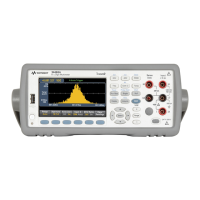
